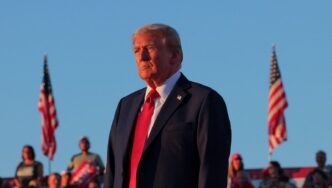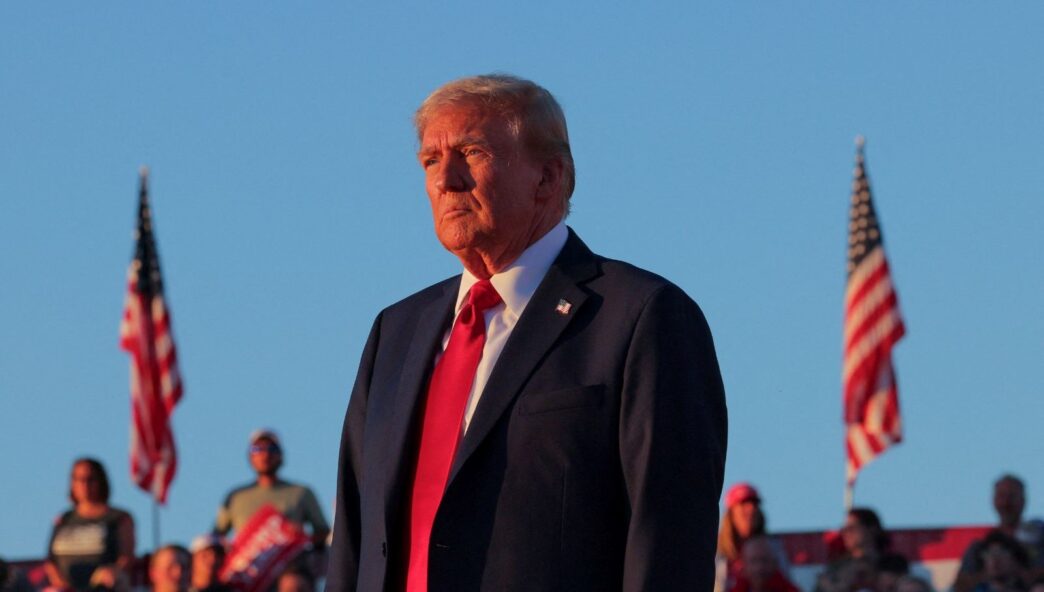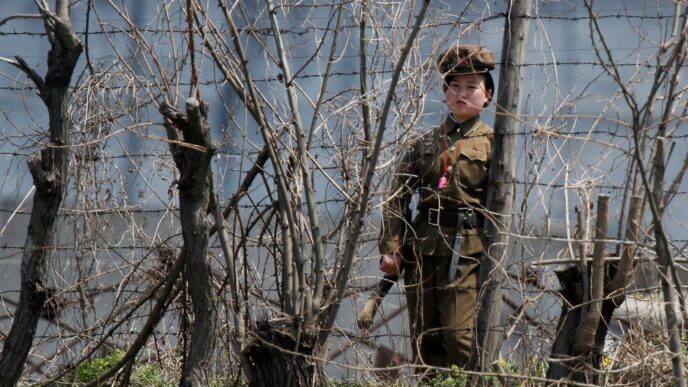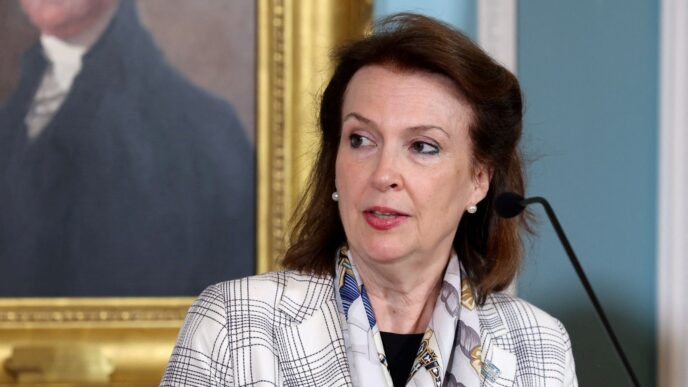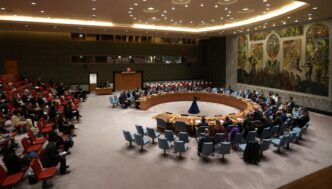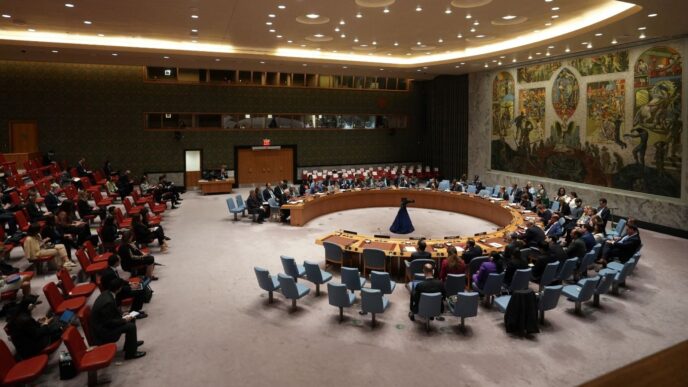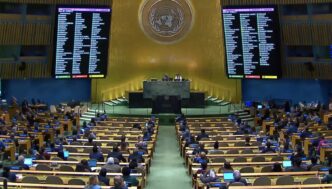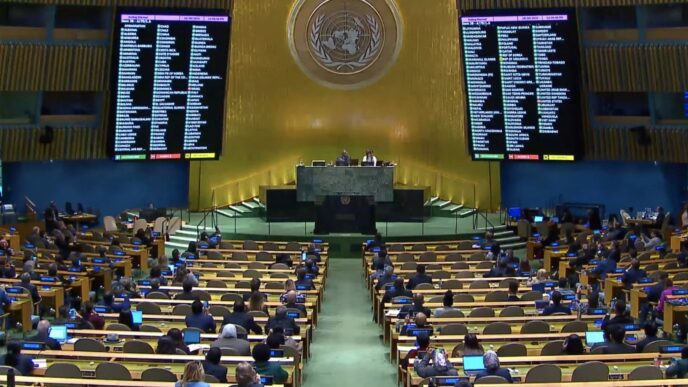If Republican presidential candidate Donald Trump becomes president, Europe’s relations with the United States could take an unexpected turn. The US elections, which are just a week away, have been marked by Trump’s threats to withdraw from a number of international agreements, including the Paris Agreement and the Iran nuclear deal, and even to leave NATO. Ahead of the former president’s possible return, Europe is racing to make itself “Trump-proof.”
As the US presidential election approaches on November 5, European Union (EU) countries are also deciding what policies to pursue if Republican leader Donald Trump wins the race. Trump has vowed to pursue specific goals if he becomes president again, and his promises, no matter how outrageous, are causing concern abroad.
TRUMP’S OUTRAGEOUS PROMISES The former president has vowed to end the war in Ukraine “within 24 hours” by negotiating with Russian President Vladimir Putin, demand that Ukraine pay back billions of dollars in U.S. aid, withdraw (again) from the Paris climate agreement and impose steep tariffs on foreigners. With a tight U.S. election expected on November 5, leaders on the other side of the Atlantic are taking action. Europe is in a more vulnerable place than it was during Trump’s first term, with war returning to the continent with a full-scale Russian invasion of Ukraine in 2022.
TRUMP’S “AMERICA FIRST” APPROACH Moreover, the former president has vowed to continue his isolationist, “America First” approach to foreign policy, even planning a more extreme version that he failed to implement during his first term. According to the analysis, the second concern of EU countries is about the relations between the US and NATO. Trump, who made threats to leave NATO while in office between 2017 and 2021, is signaling during his election campaign that he will pursue such a policy if he comes to power in the country. Last year, the US Congress passed a law that makes it mandatory for any decision to leave NATO to be approved by the Senate. Trump’s threats regarding NATO’s “golden rule” of mutual defense support of alliance members are causing serious concern for EU countries.
